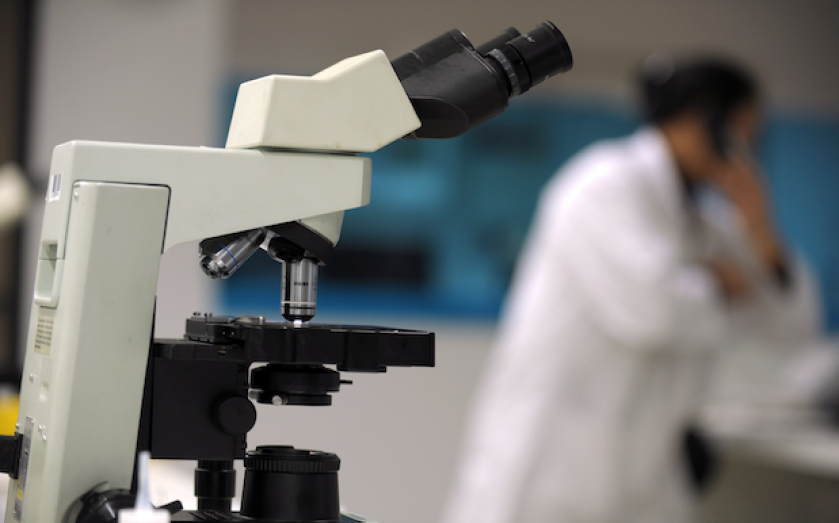2014 could see the UK’s first three parent baby

The UK could allow a fertilisation technique which uses DNA from three people to create a baby without debilitating inheritable diseases by the end of 2014.
The Department of Health (DoH) is launching a consultation on draft regulations to allow the technique, which involves the donation of healthy mitochondria to prevent mothers passing on mitochondrial diseases to their children.
However, DoH emphasises that the consultation is not over whether the procedure should be legal, rather how it should be implemented. The department has already come out in favour of the technique.
The chief medical officer for England, professor Dame Sally Davies, said:
Allowing mitochondrial donation would give women who carry severe mitochondrial disease the opportunity to have children without passing on devastating genetic disorders.
The treatment works by removing nucleus DNA from the female donor's eggs and replacing it with the nucleus DNA of the potential mother. The process changes only a minor part of the baby's genetic code, so they would retain most of the physical characteristics of their parents.
One in every 6,500 children is effected by mitochondrial diseases, which can result in blindness, heart failure, kidney disease and neurological problems.
Professor Doug Turnbull, who has been at the forefront of research in mitochondrial donation at Newcastle University, said:
I am delighted that the government has published the draft regulations.
This is very good news for patients with mitochondrial DNA disease and an important step in the prevention of transmission of serious mitochondrial disease.
A poll last year, found the majority of Brits had a positive attitude toward the research, with a survey by the Progress Educational Trust finding over two thirds in favour of using the DNA of a third party to create a healthy child.